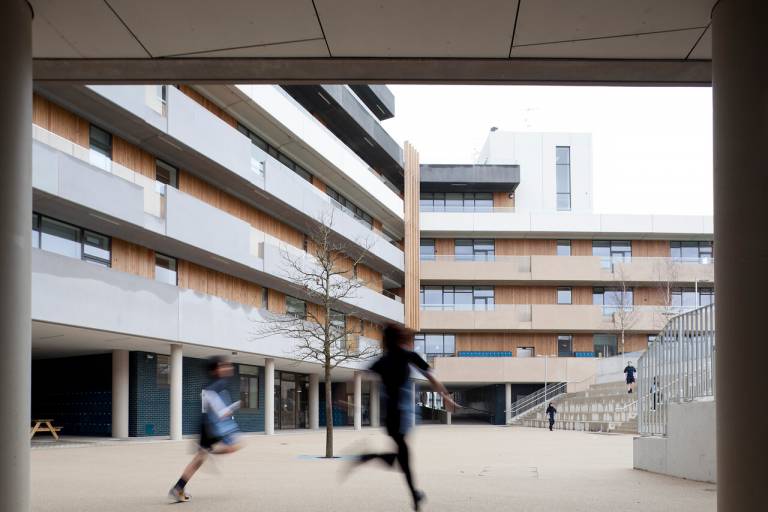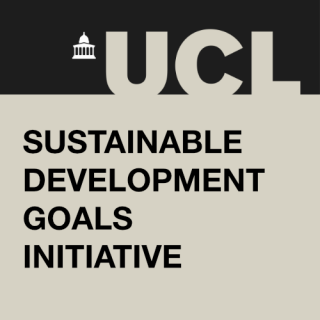Unravelling the Socio-Economic Inequalities in Grassroot Physical Activity in England
The Institute for Global Health at UCL and University of Birmingham are working together to determine the key factors that determine regional inequalities in physical activity across England

1 September 2021
Unravelling the Socio-Economic Inequalities in Grassroot Physical Activity in England addresses regional inequalities in physical activity across England.
Econometric analysis will be used to determine:
- The current regional-level prevalence of physical inactivity in England
- How physical actvity differs with socio-economic backgrounds and for those in more deprived areas
- The key factors that predict these inequalities
This analysis will inform local policy makers in England to target policies focusing on physical activity promotion and reductions in physical activity inequalities.
The UK Biobank dataset is a high-quality, granular individual-level dataset collecting information on physical activity, health, and a wider set of socio-economic characteristics from more than half a million UK adult residents. The dataset also includes accelerometer data for around 100,000 people.
The results from this analysis will serve as founding blocks of a broader project aimed at developing the next generation of decision-analytic tools for informing relevant policy and resource allocation decisions by local, national as well as international policy makers in England and beyond. The collaboration established between the Centre for Economics of Obesity at the University of Birmingham and the UCL Centre for Global Health Economics will enable a wider and impactful dissemination of the study findings.
 Close
Close




